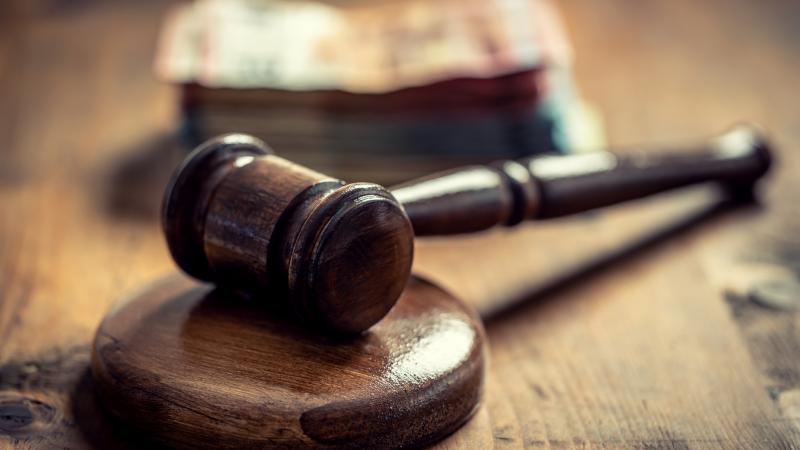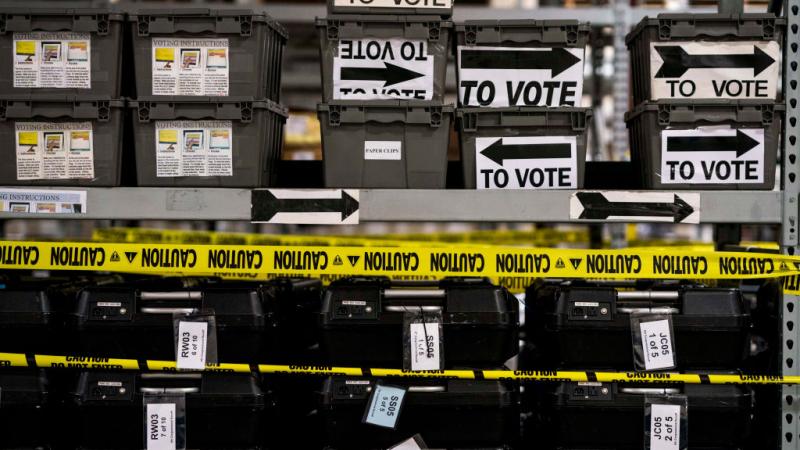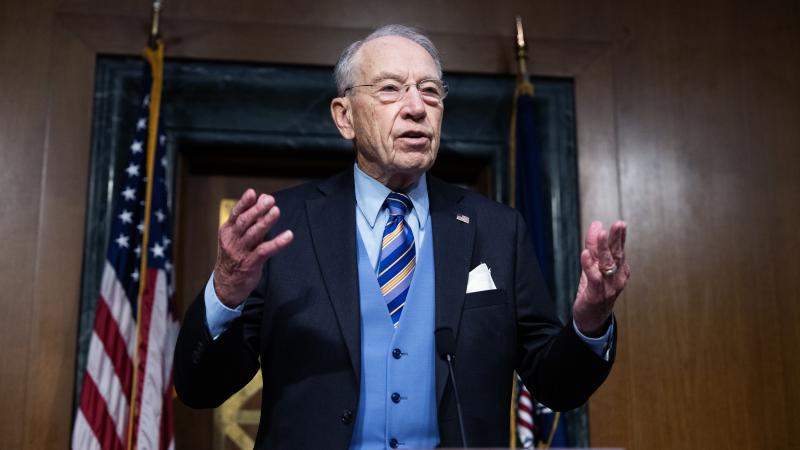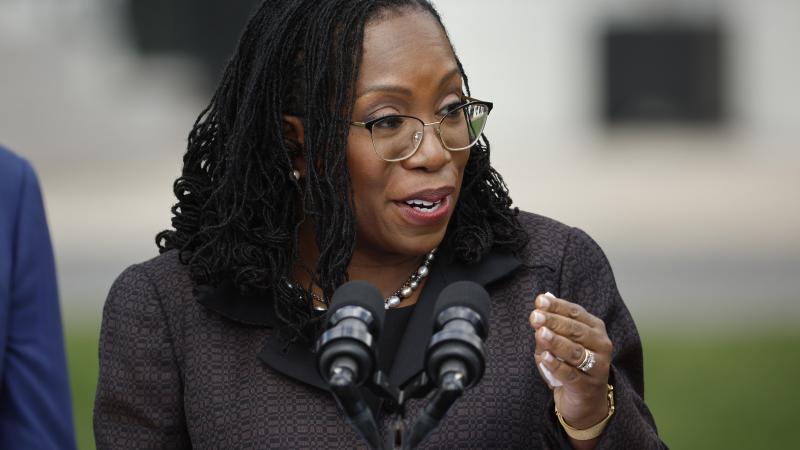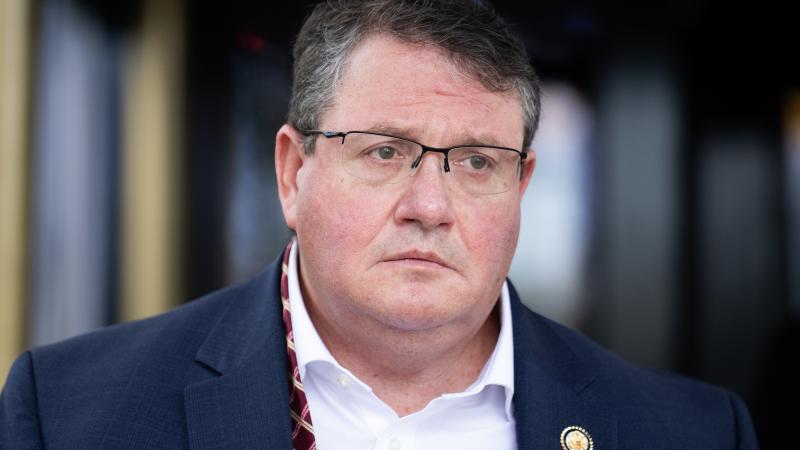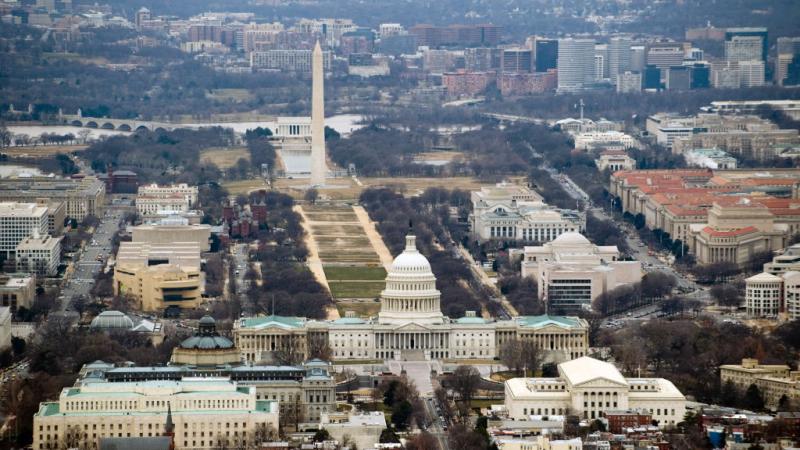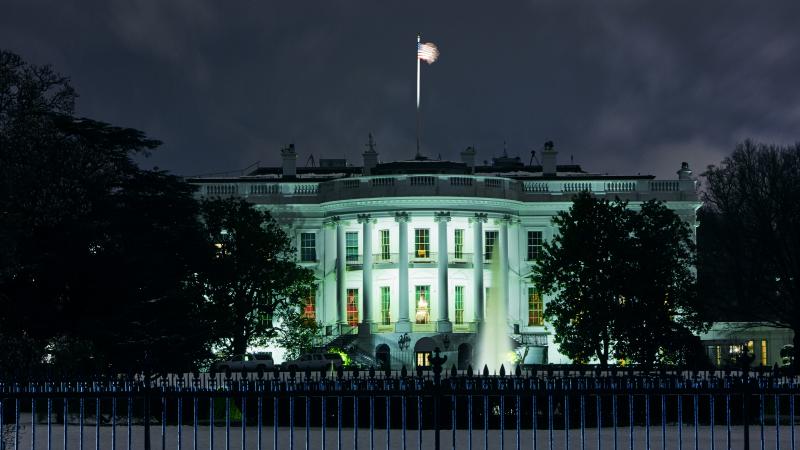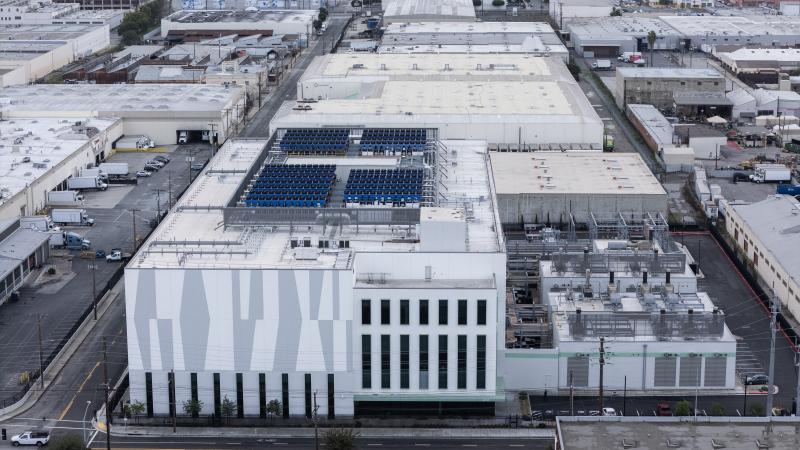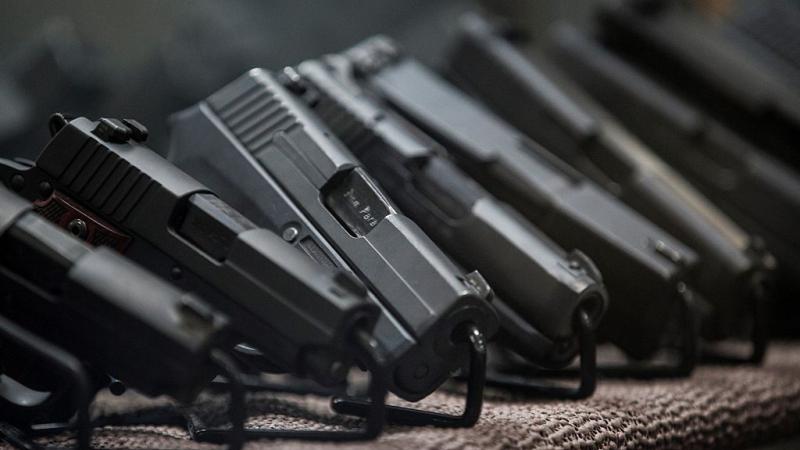More charges could come in Kirk murder case if evidence warrants it, says FBI's Patel
Let them do their work: The director said the bureau is continuing to investigate the assassination, but urges the public to be patient with the legal process.
FBI Director Kash Patel told Just the News in an interview that the bureau is continuing to investigate the assassination of Charlie Kirk, including the possibility of accomplices or assistance from other suspects.
He said that once the bureau collects enough evidence, they would refer any possible additional suspects to the prosecutors who are handling the case. “We're looking at everyone that was there, that was online, and we're looking to refer these matters to the state prosecution authorities when there's enough evidence,” Patel told the Just the News, No Noise TV show in a wide-ranging interview that aired last week.
Since Kirk, a prominent and influential conservative activist and founder of Turning Point USA, was killed during a campus event at Utah Valley University outside of Salt Lake City, the suspected shooter, Tyler Robinson, was apprehended by law enforcement after he turned himself in.
Fox Business news said that Charlie Kirk had 1.7 million Instagram followers before his death, and after his death more than a million new YouTube subscribers followed him, citing Social Blade metrics. "The surge lifts his subscriber base to 5 million, up from 3.8 million before his death," the outlet reported.
"Multiple warning signs" before the assassination, says FBI's Bongino
Patel’s deputy director, Dan Bongino, said that Robinson displayed several warning signs before the attack including a recent interest in left-wing politics and a discussion with family about Kirk's upcoming appearance in Utah and their dislike for the conservative activist.
“There appear to have been multiple warning signs,” Bongino said. “There were people in his network, friends and family who had stated that he had become more political."
Because of this, the FBI said they are looking into whether other people in Robinson's network, including online contacts, knew something about the shooting in advance and failed to or chose not to notify law enforcement. At the time, the bureau was also probing whether anyone else on the ground at the event may have been involved with the shooting.
Suspect nabbed in 33 hours
The FBI’s public information push during the manhunt for Kirk’s killer helped local authorities apprehend Robinson in a mere 33 hours.
By contrast with other major manhunts in recent history, the timeline is remarkable. For example, it took five days to chase down Luigi Mangione after he gunned down United Health Care’s CEO outside a Manhattan hotel last year.
Law enforcement experts credited Patel’s insistence to release security footage of the alleged killer—well before the bureau had identified him—as the linchpin that harnessed the power of public crowd-sourcing to solve the case, Just the News previously reported.
Experts told Just the News the decision required deciding against the grain of historical police thinking, which often eschews releasing photos to the public early in a probe for fear of tipping off the suspect.
Public hungry for more information about all aspects of Kirk's murder
Patel ordered the security footage released early in the investigation, and less than 12 hours later Robinson’s father turned in his son, ending the manhunt. Just six days after that, the Utah County prosecutors charged Robinson with the murder of Kirk.
Patel said, though, that a restless public that wants more information about what happened that day will have to wait for the court process to play out, noting that if the FBI were to publish any of the evidence it has collected, it could undermine the prosecution.
The director vowed that the FBI would provide “every piece of evidence” that it collects to the prosecutors in Utah as they try Robinson’s case.
“I think the best thing we can do for Charlie, especially me as FBI director and our team, is to prosecute this case in the courts of law, where it is, in Utah, in the state in a court of law,” Patel said.
“And what we're going to do is what we've done, give them every piece of evidence we collect. Our cellular analysis systems are the best in the world, and that's what the FBI does, and that's what we flew in and did. That's how we led the manhunt and got him in 33 short hours—and every single piece of video or forensic evidence or witness interview,” the director explained. “We've done dozens and dozens, gone on these platforms, found every single person, all of that material.”
Swatting away conspiracy theories
Patel added, “And I know this is frustrating the public, and I understand it, but I'm not going to allow the Charlie Kirk prosecution to be dismantled because we want to get over our skis and publicize information. That is the one thing you cannot do.”
This is especially important while various conspiracy theories have taken hold among some online commentators about the motivations behind Kirk’s killing, the director said. He believes this kind of wild speculation only harms the Kirk family and the prosecutors as they seek to prepare a solid case.
“The reality is, again, with social media, when you have hysterical conspiracy theories filling the void, you're harming Charlie and his family and a rightful prosecution of his alleged assassin, who we have in custody,” Patel said. “And if anyone helped him, do you think that we, at this FBI, are literally going to let them get away with it?”
"The FBI is standing silent in the face of growing conspiracy theories. That's what we do to shut down a faulty prosecution,” the director added.
